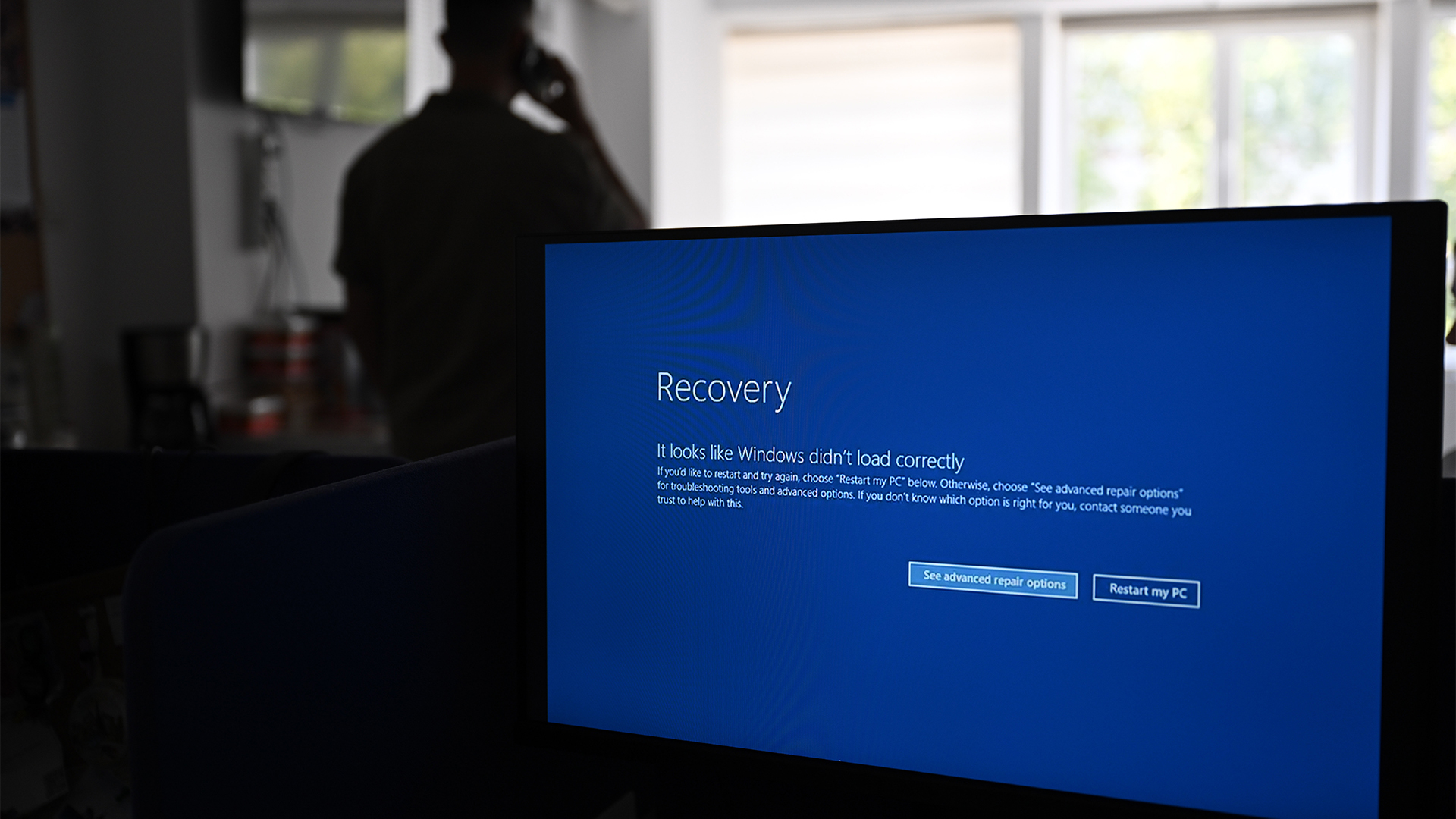IT ‘will be gone by 2030’, says CA CTO Otto Berkes
Fundamental shifts will kill business IT as we know it, CA CTO claims


The business technology landscape is changing so fast that IT will have been completely eradicated in less than 15 years, CA's chief technology officer has claimed.
Speaking at CA World 2017, CTO Otto Berkes told attendees that the accelerating pace of change within the tech sector is fundamentally changing the nature of how businesses consume technology and tools.
"I believe that by 2030, what we've come to know as 'IT' today will be gone," he claimed, "or will be virtually unrecognizable."
Businesses are currently in the midst of a struggle between entrenched ideals and culture, and rapidly-evolving technology and workflows, he said. Increasing end-user engagement and the democratisation of access to tools has flipped the process of IT decision-making from a prescriptive, management-led approach to a 'bottoms-up' model driven by workers themselves.
Berkes also pointed out that businesses need to be willing to take chances on offering new products and services, saying that today's fast-moving markets necessitate a certain level of risk-taking.
"The new world won't wait for a complete set of requirements to start a long waterfall execution process. Today, you need to start with what you believe about the future, and then iterate with your customers to continuously shape and re-shape what you deliver."
However, he also warned that businesses should try and avoid getting too far ahead of themselves. While he advised attendees to build products to meet future demand, that demand can't be too far in the future.
Get the ITPro daily newsletter
Sign up today and you will receive a free copy of our Future Focus 2025 report - the leading guidance on AI, cybersecurity and other IT challenges as per 700+ senior executives
"This is where a lot of companies get into trouble," Berkes said. "They either take a leap of faith and tackle something that nobody even needs yet, or they build something for today that becomes almost immediately obsolete, or is simply an attempt to catch up to the competition."
"Start with what you know and what you believe will happen, and iterate quickly. Making this fundamental change is hard for everybody, but we can make it easier for ourselves."
Adam Shepherd has been a technology journalist since 2015, covering everything from cloud storage and security, to smartphones and servers. Over the course of his career, he’s seen the spread of 5G, the growing ubiquity of wireless devices, and the start of the connected revolution. He’s also been to more trade shows and technology conferences than he cares to count.
Adam is an avid follower of the latest hardware innovations, and he is never happier than when tinkering with complex network configurations, or exploring a new Linux distro. He was also previously a co-host on the ITPro Podcast, where he was often found ranting about his love of strange gadgets, his disdain for Windows Mobile, and everything in between.
You can find Adam tweeting about enterprise technology (or more often bad jokes) @AdamShepherUK.
-
 Should AI PCs be part of your next hardware refresh?
Should AI PCs be part of your next hardware refresh?AI PCs are fast becoming a business staple and a surefire way to future-proof your business
By Bobby Hellard
-
 Westcon-Comstor and Vectra AI launch brace of new channel initiatives
Westcon-Comstor and Vectra AI launch brace of new channel initiativesNews Westcon-Comstor and Vectra AI have announced the launch of two new channel growth initiatives focused on the managed security service provider (MSSP) space and AWS Marketplace.
By Daniel Todd
-
 Java developers are facing serious productivity issues: Staff turnover, lengthy redeploy times, and a lack of resources are hampering efficiency – but firms are banking on AI tools to plug the gaps
Java developers are facing serious productivity issues: Staff turnover, lengthy redeploy times, and a lack of resources are hampering efficiency – but firms are banking on AI tools to plug the gapsNews Java developers are encountering significant productivity barriers, according to new research, prompting businesses to take drastic measures to boost efficiency.
By Solomon Klappholz
-
 Why the CrowdStrike outage was a wakeup call for developer teams
Why the CrowdStrike outage was a wakeup call for developer teamsNews The CrowdStrike outage in 2024 has prompted wholesale changes to software testing and development lifecycle practices, according to new research.
By Solomon Klappholz
-
 Why are so many AI projects destined for failure? Inexperienced staff, poor planning, and a shoehorned approach to agile development are all stifling innovation
Why are so many AI projects destined for failure? Inexperienced staff, poor planning, and a shoehorned approach to agile development are all stifling innovationWhile agile development practices work well in many circumstances, devs are encountering serious problems applying the methodology in AI projects
By Nicole Kobie
-
 ‘It’s time to question agile’s cult following’: Doubts cast on method’s future, with 65% of projects more likely to fail
‘It’s time to question agile’s cult following’: Doubts cast on method’s future, with 65% of projects more likely to failNews Agile development methods just aren’t delivering, and it's time devs acknowledged its failings
By Emma Woollacott
-
 Agile development has a security problem - and developer ‘champions’ could be the key to ensuring safer software
Agile development has a security problem - and developer ‘champions’ could be the key to ensuring safer softwareAnalysis Security considerations can be an afterthought in agile development, but there are ways to address the issue and prevent disastrous consequences
By Ross Kelly
-
 Agile development is fading in popularity at large enterprises - and developer burnout is a key factor
Agile development is fading in popularity at large enterprises - and developer burnout is a key factorNews Firms employing agile development practices are ‘having difficulty adapting’ in a new world of developer burnout, AI and more, a new report claims
By Steve Ranger
-
 A DevOps guide to the Salesforce platform
A DevOps guide to the Salesforce platformWhitepaper Learn how to ship code faster, safer, and with agility.
By ITPro
-
 What is platform engineering and will it see the end of DevSecOps?
What is platform engineering and will it see the end of DevSecOps?In-depth Platform engineering is not just the latest industry buzzword but could represent a profound change in how software is developed and governed
By Ross Kelly